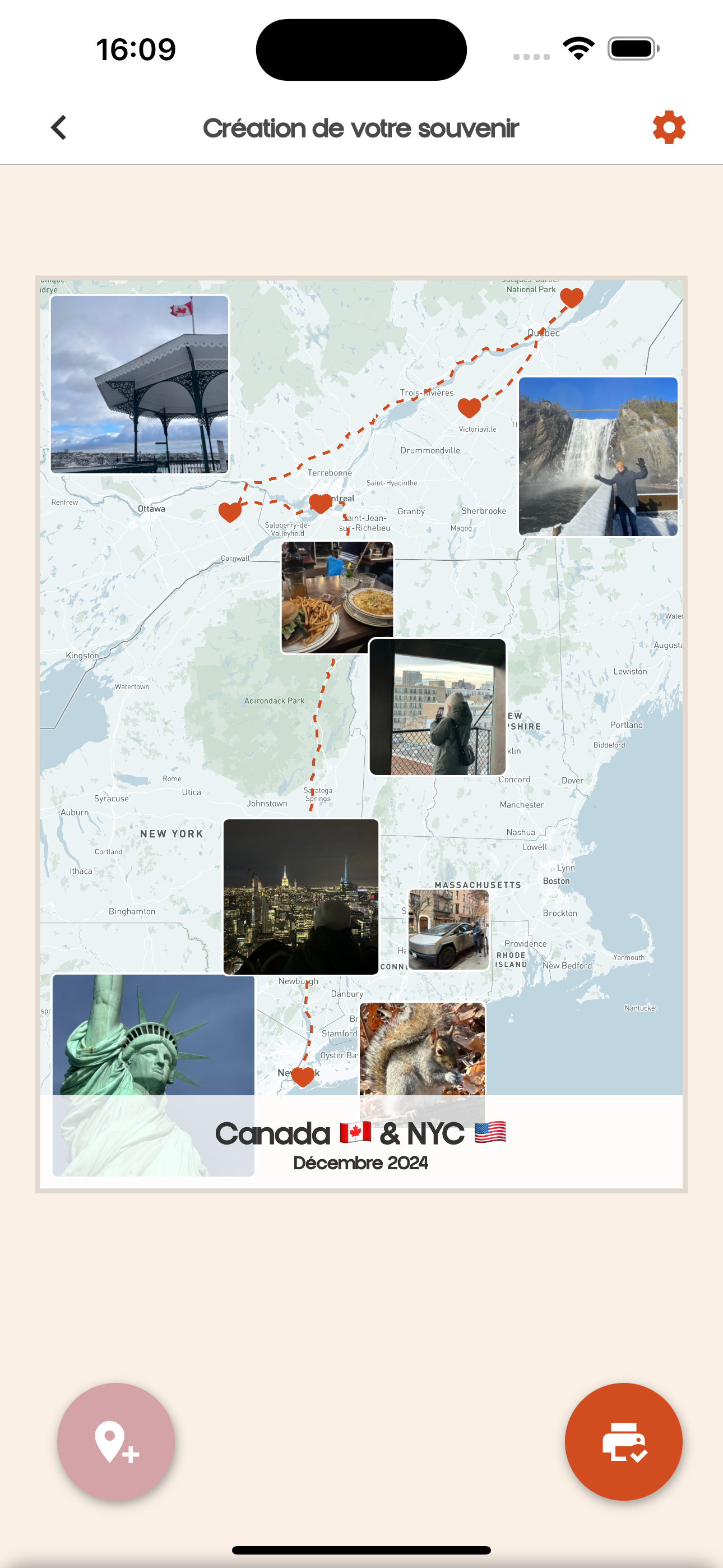Traveling abroad is an enriching experience, but it can also come with unexpected bank fees. Many people find themselves caught off guard by these costs, which can quickly add up. In this article, we will provide practical tips on how to avoid bank fees abroad while fully enjoying your trip. 🌍✈️

Introduction - How to Avoid Bank Fees Abroad?
Choosing the Right Bank - Avoiding Bank Fees Abroad
The first step to avoid bank fees abroad is to choose the right bank. Look for a bank that offers travel-specific accounts. Many online banks, for example, do not charge fees for international transactions. It is also beneficial to inquire about partner ATM networks in order to withdraw cash without fees. 📈💳
Using No-Fee Payment Cards Abroad - Avoiding Bank Fees Abroad
Payment cards can be an effective alternative to avoid bank fees. Some credit and debit cards do not charge currency conversion fees. Using these cards allows you to make purchases abroad without worrying about hidden charges. Just make sure to choose a card that does not charge international transaction fees. 💳🌏
Smart Cash Withdrawals - How to Avoid Bank Fees Abroad
Avoiding fees when withdrawing cash is crucial. Favor ATMs from your bank or those that are part of your network. It is often recommended to withdraw larger amounts at once to minimize per-transaction fees. Also, avoid withdrawing cash in tourist areas, where fees can be higher. 💵❗
Avoiding Currency Conversions - Strategies for Avoiding Bank Fees Abroad
Currency conversions can incur significant charges. When using your card abroad, always choose to pay in the local currency rather than your home currency. This will save you from unfavorable exchange rates from banks. Also, check that you are not enrolled in automatic conversion services, as this may incur additional fees. ⚠️💱
Using Digital Payment Services - How to Avoid Bank Fees Abroad
Digital payment services like PayPal, Revolut or TransferWise are interesting alternatives to avoid bank fees. These services often offer favorable exchange rates and can save you on money transfer fees. Create an account with one of these services before your trip and load your credit in advance to avoid unpleasant surprises. 🌟📲
Budget Planning - How to Avoid Bank Fees Abroad
Budgeting is essential to avoid bank fees abroad. Before you travel, set a daily budget that includes your expenses in foreign currency. This will help you limit cash withdrawals and manage your payments better. Also, check transportation and accommodation options that accept online payments to limit your reliance on cash. 💰🗺️
Avoiding Online Transaction Fees - How to Avoid Bank Fees Abroad
It is also possible to save on online transactions while traveling. Favor local purchases that accept payments without currency conversion fees. For online purchases, opt for reliable platforms that do not charge extra fees for overseas transactions. Also, ensure that your card is set up to support these foreign payments without fees. 🌐💻
Reviewing Fees - Strategies for Avoiding Bank Fees Abroad
Before leaving, review all the fees associated with your bank account. Some accounts have specific fees for international usage. Keep an eye on these fees, as they can add up quickly. Once you are abroad, also monitor your transactions to ensure no unexpected fees have slipped through. 📋🔍
Conclusion - Avoiding Bank Fees Abroad is Possible
Avoiding bank fees abroad requires planning and understanding the available options. By choosing the right bank, utilizing digital services, and strategically withdrawing cash, you can enjoy your travels without being penalized by excessive fees. Take the time to research, and you will be rewarded with substantial savings. Safe travels! 🌍✈️
FAQ - How to Avoid Bank Fees Abroad?
1. Which banks do not charge fees abroad?
Many online banks, such as N26 or Revolut, do not charge fees on international transactions. It is advisable to research and compare bank offers before your trip. Also check traditional banks that have international partnerships for fee-free withdrawals.
2. Is it better to carry cash abroad?
Carrying cash can be useful, especially in rural areas or for small transactions. However, it is best not to carry too much cash. Using a card that does not charge currency conversion fees is often more advantageous. Prepare a small amount of cash for emergencies, but prioritize card payments. 📉
3. What is DCC and why should I avoid it?
DCC, or Dynamic Currency Conversion, is a service that allows merchants to present prices in your home currency. However, the exchange rates offered can be unfavorable. It’s better to refuse this option and pay in the local currency to avoid extra fees. Always inform the merchant of your preference!
4. What are the benefits of using a credit card abroad?
Credit cards can offer benefits like travel insurance, loyalty points, and fraud protection. IMPORTANT: Choose a card with no international transaction fees to maximize your benefits while avoiding hidden costs.
5. Can you make online payments without fees while traveling?
Yes, many platforms accept online payments without additional fees. Be sure to use your card without conversion fees and check if the site offers payment in the local currency. This can save you on conversion costs while traveling.
6. What tips would you give to avoid withdrawal fees?
To avoid withdrawal fees, use ATMs that are members of your bank or network. Withdraw larger amounts to reduce the number of transactions and avoid withdrawing cash in tourist areas, where fees can be high. 🔍💡
7. How to choose the best card for traveling?
Choose a card that does not charge fees abroad, offers favorable exchange rates, and provides benefits like loyalty points. Compare options and select the one that matches your spending habits while providing maximum security.
8. What to do in case of unexpected fees?
In case of unexpected fees, contact your bank as soon as possible. Also check your transactions to identify possible errors. Sometimes banks can waive fees if you explain the situation. Keep an eye on your statement even after your trip.
9. Is financial planning important before a trip?
Yes, financial planning is crucial to avoiding unexpected fees. Determine your estimated expenses based on your activities. Establish a solid budget and consider bringing a little more cash, without excess, to cover all contingencies. Good preparation will help reduce financial stress during your holidays.
10. What are the risks of ignoring bank fees abroad?
Ignoring bank fees can lead to unexpected expenses and significant loss of money. Fees can add up quickly, especially with frequent use of withdrawals or purchases. This can hurt your travel budget. By being aware of these fees, you can better manage your finances abroad and enjoy your trip without financial worries.






